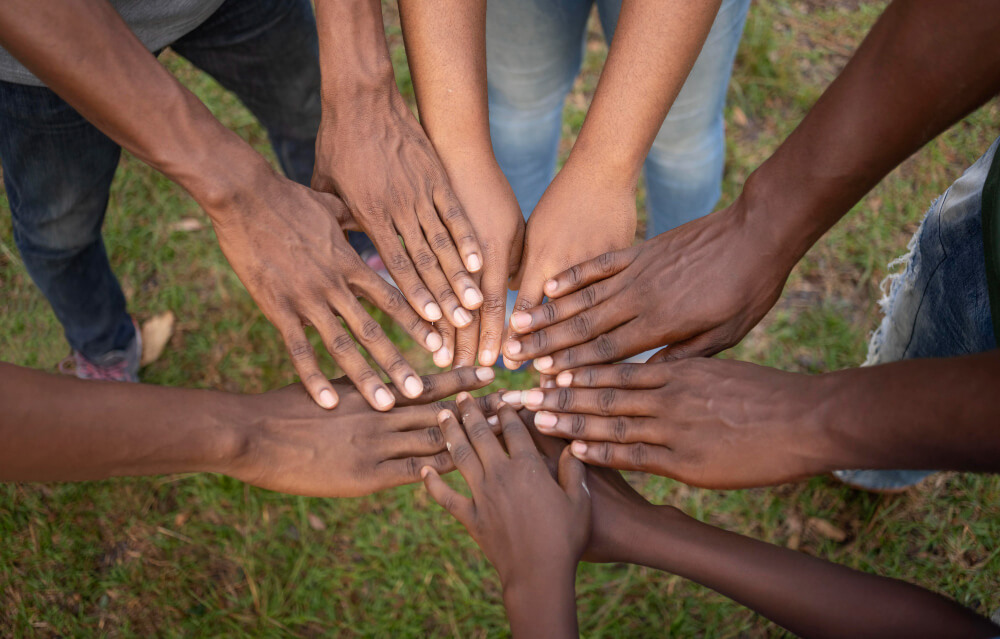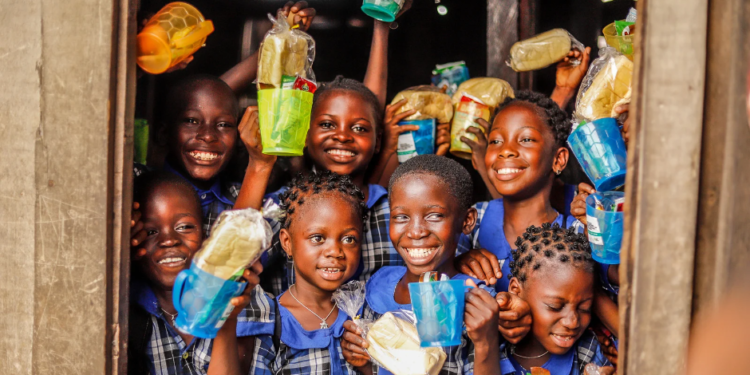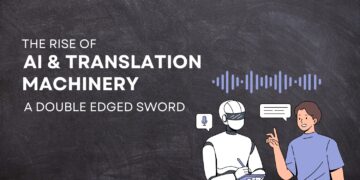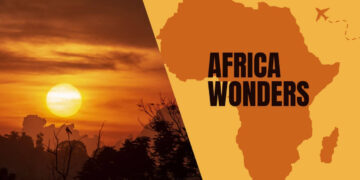Dr. Kwame Nkrumah, a founding father of the African Union in his autobiography, ‘The Autobiography of Kwame Nkrumah,’ narrates that he began his political career as a student at the University of Pennsylvania, United States of America, by helping to set up the African Studies section in the university and also founding the African Student’s Association of America and Canada.
He strongly believed that Africa’s freedom was pegged on the Pan-African movement for the liberation of the whole continent. Without this union, the hope of freedom and equality for the Africans and the people of African descent in any part of the world was bleak.
In 1963, six years after Kwame Nkrumah took leadership as the first elected president of Ghana, The Organization of African Union – OAU (now the African Union – AU) was born. This was on the 25th of May in Addis Ababa, Ethiopia’s capital city, where 32 Heads of independent African States met with leaders from African liberation movements to define Africa’s journey beyond independence from colonialism, imperialism, and apartheid.
Today marks 60 years since the formation of a unit that would steer Africa through its pan-African vision which was unity, freedom, and control of its own destiny. Many centuries later, we still commemorate this day as we continue to encourage the preservation of Africa’s languages and cultures which are believed to be at the center of realizing the vision of Africa’s liberation and its international presence. You can follow the proceedings of the African Union at 60 years, here.
African Union Efforts to Promoting a Connected Africa

Here is a brief reminder of the African Union’s efforts in promoting the efforts towards a culturally and linguistically connected Africa.
In Aspiration 5 of Agenda 2063, The African Union hopes to create an Africa whose people have a strong identity, share a common heritage, and have shared values and ethics. While creating the Pan African Students Association of America and Canada, Kwame Nkrumah’s goal was to unite African students, some whom later became leaders of their countries in Africa, to see themselves as one with a common goal which was the liberation of the continent as well as preservation of African cultures that was an important part of the identity of the African people.
Africa’s cultural renaissance has continued to ignite the spirit of Pan-Africanism through Africa’s rich heritage and culture. Beyond the creative arts, and cultural festivals in various parts of the African continent, the language services industry has equally joined the mission to contribute to the growth, transformation, restoration, and preservation of Africa’s cultural heritage, which includes its languages.
Organizations like Bolingo Consult through their platforms like Akan kaseɛbɔ, where news is written in Akan, is a perfect example of how language services companies contribute to the African Union’s aspiration for a more culturally and linguistically aware continent.
In Aspiration 6 of the Agenda 2063, The African Union aims to achieve an Africa whose development is people-driven and relies on the potential of African people, especially its women and youth as well as caring for the children. Africa’s cultures place emphasis on the role of women within the society.
In the article, ‘Mothers as custodians of African indigenous languages and cultures’, more light is shed on the potential of mothers in preserving and promoting indigenous cultures and languages. That even in an Africa that is today predominantly patriarchal, the role of the mother and her ability to connect the family through culture and language cannot be undermined.
In this aspiration, the African Union places an emphasis on the engagement and empowering of the youth and the children. A popular adage states that children are the leaders of tomorrow, therefore we have a responsibility as a society to ensure that we equip them with the necessary tools they need to be ready for when this leadership comes. Part of this responsibility is ensuring that African children understand their cultures and languages which is the backbone of their identity and the determinant of the kind of leadership that they manifest.
In the recent 2023 Mother Language Day Celebrations, Bolingo Consult joined the Bureau of Ghana Languages, the Young Writers Foundation and the Ghana Education Service to celebrate African indigenous languages and cultures. These kinds of partnerships from various organizations within the country is an example of how in unity the goal of Africa’s liberation can be fully achieved. Amongst the Swahili-speaking people in East Africa, there is a saying that states that ‘Umoja ni nguvu, utengano ni udhaifu.’ This loosely translates to, unity is strength, separation is weakness.
Julius Kambarage Nyerere, popularly known as Mwalimu (Swahili for “Teacher”), who was Tanganyika’s first prime minister at independence (1961) and later president of Tanzania (new state formed in 1964), was amongst the forces behind the Organization of African Unity (OAU, now the African Union). He placed emphasis on the spirit of togetherness, Ujamaa – swahili for socialism, as the only way through which Africa could be liberated. Ujamaa basically encouraged the recognition of African cultures, heritage, values, mores and by extension, African languages, as tools to achieving the goals for the African union.
Beyond his captivating thoughts, essays and speeches captured in his books like Uhuru na Umoja – 1967; Freedom and Unity, Uhuru na Ujamaa – 1968; Freedom and Socialism and Uhuru na Maendeleo – 1973; Freedom and Development, he translated two of William Shakespeare’s plays, The Merchant of Venice – Mabepari wa Venisi( Swahili) and Julius Caesar. Perhaps this encourages those in the Language service industry about their role in ensuring that the African Union achieves its goals of providing a culturally and linguistically accommodative continent for its people.
The journey towards achieving a culturally and linguistically connected Africa cannot be mandated to the African Union only to achieve the Africa we want. While it is the international body to whom Africa and its people place its hope, it is the responsibility of every African to play their part in order to support the realization of this goal. Africa already has the potential through its rich culture and languages to create economic opportunities and raise the awareness of Africa’s massive contribution to modern life and global culture.










